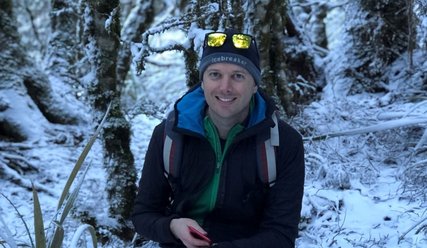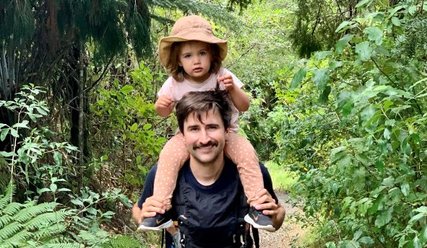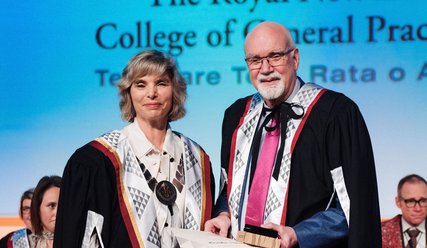Advocating for services out in the sticks
Isolated rural communities are made up of a special kind of people — and that means the doctors that look after them have to be pretty special too.
Jennifer Keys, Chair of the College’s Division of Rural Hospital Medicine, is one such person. Growing up in rural Scotland, halfway between Edinburgh and Glasgow, gave her an appreciation for wide open spaces and small communities that was to shape her future career.
After completing her medical training at Dundee University, she came to New Zealand to gain experience working for a year at Taranaki Base Hospital in New Plymouth.
“I just absolutely loved it,” she said. “Hospitals in the UK were very hierarchical and followed a traditional way of thinking.
“In Taranaki, people were finishing work and going surfing! The work environment too was much more relaxed — there was a distinct lack of suits and white coats.
Returning to the UK, Jennifer lasted just a year before moving permanently back to Aotearoa, training as a GP, then working as a locum at Buller Hospital, before finding herself in more and more remote places.
One of those places was the island of South Georgia, which is three days by ship, east of the Falkland Islands and described as ‘remote and inhospitable.’
“Yes, it is,” laughs Jennifer. “But I really enjoyed my time there as part of a team carrying out Antarctic research.”
But what drives her to care for people in isolated places with no support nearby when she could be sitting in a nice warm clinic on Auckland’s North Shore?
“I think it’s the professional challenge of having to not only diagnose and treat people, but also having to think harder to deal with the lack of support and logistical issues, “ she says.
“It’s also the people themselves — they are a breed apart and very independent.”
Civilisation does have some benefits, however, and Jennifer has been working at the Lakes District Hospital in Queenstown for 11 years now, recently stepping down as Clinical Director.
She joined the Division of Rural Hospital Medicine council six years ago and became Chair three years later.
“Rural hospital medicine is a fantastic model of health care that really gives you something to get your teeth into,” she says. “We have a great training programme which means new Fellows come out as really good generalist doctors that can deal with anything that gets thrown at them.””
This year there will be 27 new registrars on the programme, which Jennifer is very happy about.
“We are seeing great organic growth in terms of the numbers choosing Rural Hospital Medicine,” she says. “I think doctors have realised that they can practice interesting and challenging medicine whilst living in beautiful parts of the country. There’s a really strong drive towards equity amongst our Fellows and registrars, and I think some doctors also like the feeling of being part of something bigger than themselves.”
Despite this growing interest, there are a number of rural hospitals who are struggling to find staff.
“It’s so frustrating because these are the communities that need doctors more than anyone,” argues Jennifer. “There is a huge service gap between urban and rural communities and the people suffer because of it.
“Research is being done at the moment which we hope will improve our ability to show inequity, but there is already good data to show that health outcomes of rural Māori are worse than urban Māori, and that cancer survival rates are worse for all rural people.”
But she intends to keep advocating for rural services and is hoping that the Division can help the College strengthen training for rural GPs.
“We just have to keep working towards our goal to provide the same quality of care in rural hospitals that can be found in bigger towns,” Jennifer adds.


